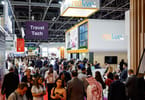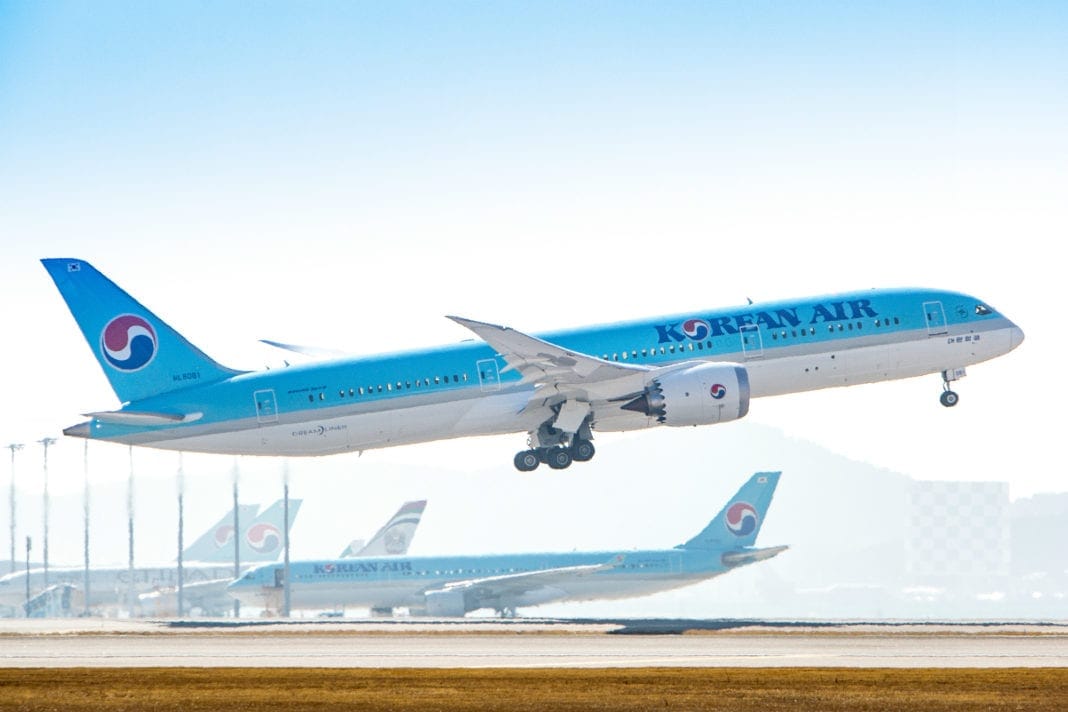HONG KONG – Anti-Japanese protests in Beijing, Qingdao, Xi’an, Shanghai and Shenzhen appear over for now, but senior executives at China firms with business ties to Japan foresee tensions extending well past October. Almost one-half expect a negative impact on their business this year, but 68 percent predict limited fall-out — a loss of 10 percent or less of their annual sales, according to Chief Executive China Online’s poll.
Even so, the implications for certain sectors of the already-slowing Chinese economy are not good. Two-way trade totaled US$342.8 billion in 2011, according to China Customs. Among the China exporters taking part in the poll, almost 30 percent estimated their firm’s loss at 5-10 percent. Extrapolated industry-wide and assuming a similar amount of trade is generated this year, that would mean a loss of US$7.4 billion to 14.8 billion in 2012 revenues.
Two-thirds of polled importers of Japanese goods expect losses of 5 percent or less, but if that were the case for the sector nationwide, this could also constitute a US$9.8 billion loss in business.
For the moment, most respondents plan to maintain a low profile, while conducting “business-as-usual” where possible. However, their main concern is how to survive if anti-Japanese sentiment continues to grow. Here is a snapshot from the poll:
• Manufacturers using Japanese parts: If the situation worsens, seek new sources (73 percent). Among those who would pro-actively seek new suppliers, one reason given was the willingness of employees to boycott Japanese goods (49 percent, multiple choice);
• Exporters: If Sino-Japanese tensions worsen, turn to buyers in China or the EU (59 percent and 40 percent respectively, multiple choice);
• Importers: Honor current contracts, but delay new ones until relations improve (37 percent);
• Retailers: Temporarily stop displaying Japanese brands (24 percent) and delay new contracts (11 percent).
One-third of respondents employed at Japan-invested firms in China concede that the impact of recent events has had a “temporary but major impact”, but over half maintain that their workforces remain focused and loyal. When asked if their firm is likely to stop dealing in Japanese goods, close their business or shed their Japanese investors within the next year, the results were mixed: 45 percent voted “very unlikely”, while “very likely” and “somewhat likely” both garnered 11 percent of votes.
“Current ‘Anti-Japanese Sentiment’: How Big a Risk Does it Represent to your Firm?” was designed and hosted by Chief Executive China Online during September 20-24, 2012. A total of 1,113 individual voters initially took part, but just 482 who identified themselves as belonging to one of these categories was allowed to complete the questionnaire:
• Exporters to Japan (31 percent)
• Manufacturers of finished goods containing a high percentage of Japanese parts/materials (24 percent)
• Resellers of Japanese goods (24 percent)
• Importers of Japanese goods (12 percent)
• Japan-invested firms (9 percent)
At 83 percent, the large majority of respondents classify themselves as managers, including almost one-third who are top management (CEO, GM) and one-fifth who are marketing/sales managers. Their firms are based largely in southern or eastern China (43 and 39 percent respectively). In terms of annual sales, two-thirds generate US$10 million or more, with 27 percent of the respondents reporting corporate earnings of over US$150 million.
WHAT TO TAKE AWAY FROM THIS ARTICLE:
- Two-thirds of polled importers of Japanese goods expect losses of 5 percent or less, but if that were the case for the sector nationwide, this could also constitute a US$9.
- When asked if their firm is likely to stop dealing in Japanese goods, close their business or shed their Japanese investors within the next year, the results were mixed.
- One-third of respondents employed at Japan-invested firms in China concede that the impact of recent events has had a “temporary but major impact”, but over half maintain that their workforces remain focused and loyal.






















